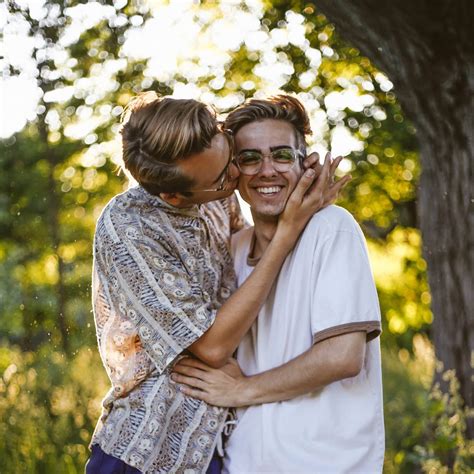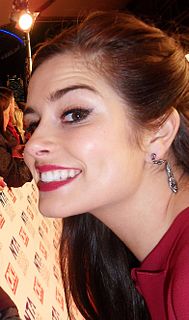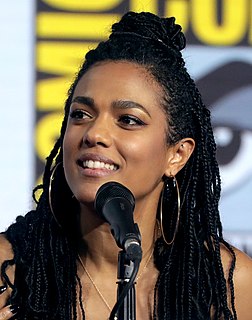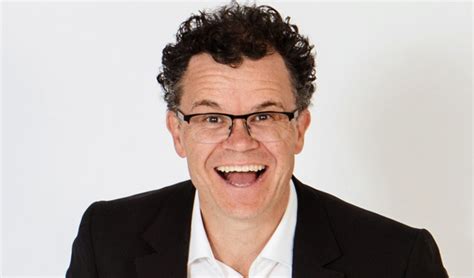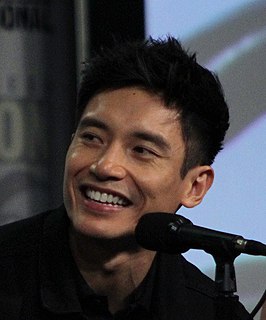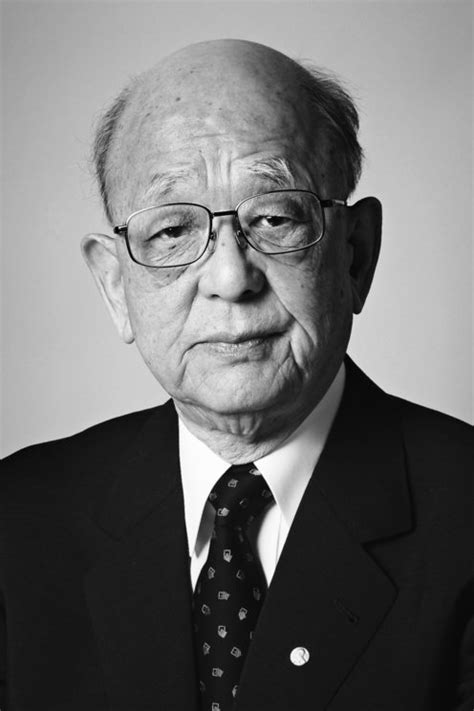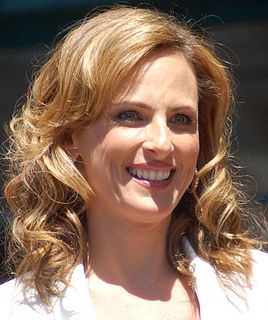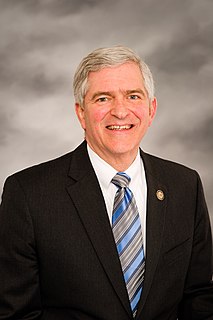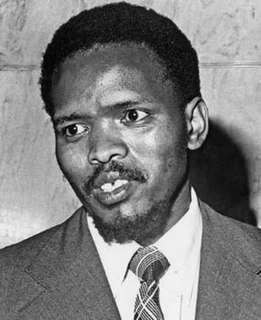A Quote by Jack Jason
I moved on to the University of California, Berkley, coordinating interpreters for Deaf students at the university. The first year I was at Berkley, we brought in artists, performers, actors, and poets to create a Deaf arts festival. I did a lot of the interpreting for the stage performers. By the second year, I realized that I really liked producing arts festivals that had to do something with signing.
Related Quotes
I went to University after my A levels and did a degree in performing arts. It was only when I got there that I realized there were stage schools out there, and you had your union and your contacts and The Spotlight and this whole world of the acting industry that I had no idea about. So when I graduated, I took a year out and just thought really hard about whether it was something I knew enough about, and whether it was the career I could dedicate the rest of my wacky life to.
In terms of my childhood, it was normal. You go through school, do well in school, and then I went to university. The performance arts aspect was never really an option because it was never in my family. Nobody was there to teach me anything about that. It wasn't until maybe my second year of university that I got inspired to dance.
Including my nine years as a student, the majority of my life has been at Hokkaido University. After my retirement from the university in 1994, I served at two private universities in Okayama Prefecture - Okayama University of Science and Kurashiki University of Science and the Arts - before retiring from university work in 2002.
From age 16 on, I found school boring and failed A-level Physics at my first attempt. This was necessary for university entrance, and so I stayed an extra year to repeat it. This time, I did splendidly and was admitted to Sheffield University, my first choice because of their excellent Chemistry Department.
The Baathist state did two things extremely well. One was create information-gathering intelligence networks and a filing system. There's actually a lot of information on a lot of people and that is a major achievement of a police state. The second one is the promotion of literature and poetry, and the arts generally. So this is a state that's producing mass police archives - surveillance - and poetry. And in fact a lot of the archives are about what poets are writing or what they should be writing.
